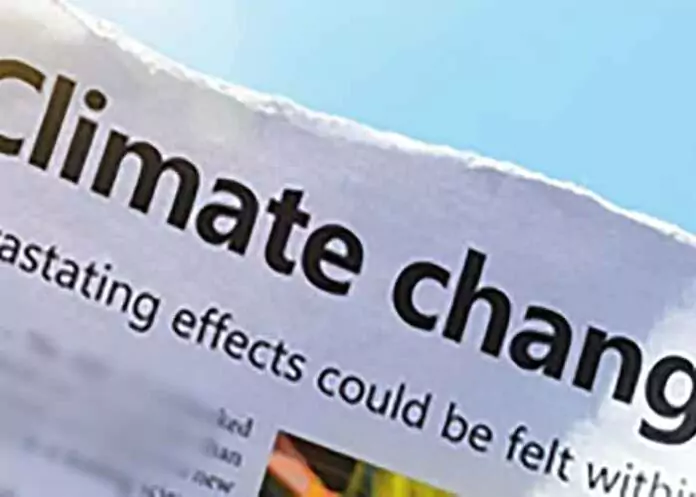The Dubai COP 28 summit started a fortnight ago with little promise of any major breakthrough on climate rules. However, the governments and delegates this time proved their critics wrong and the final agreement announced that for the first time the world has agreed to move away from the coal, oil and natural gas that are the principal causes of global warming.
Though right from the start or even before it started, the vibes from the Dubai Summit were not positive. However, as the jamboree ended, 198 countries announced that they are committed to phase out fossil fuels as they pose the main climate change accelerators.
Ending fossil fuels
The countries agreed to contribute to a transition “away from fossil fuels in energy systems in a just, orderly and equitable manner, accelerating action in this critical decade, so as to achieve net zero by 2050 in keeping with the science.”
This could be counted as some progress as just a few years ago it was inconceivable that fossil fuels, which in fact still fulfil almost every country’s energy needs to a large extent will be shamed and might be banned.
However, the announcement doesn’t mean anything, as there is no mandate behind it, but it could help build momentum for more action from governments. The Paris climate agreement’s commitment that countries would pursue efforts to limit global heating to 1.50 degree C, above pre-industrial levels staged a version of this in 2015.
In fact, the agreement doesn’t underline the urgency required to avoid worsening climate destruction, and it includes language, which may fuel further delay or non-action.
A new culprit identified
While oil and gas companies have not yet committed to producing less fossil fuel, their pledge to cut emissions from their own operations is noteworthy.
In the agreement, instead of highlighted the harmful effects of Carbon Dioxide – CO2, the delegates were somehow influenced to focus more on Methane-CH4.
Methane, an odourless gas, is produced by virtually every oil and gas project worldwide. When it is not cost-effective to capture it, companies often release methane into the atmosphere via venting or burn it through flaring, which ironically converts it into Carbon Dioxide.
The gas also leaks into the atmosphere from facilities via innumerable small, undetected or unreported leaks in pipelines or other equipment, or through large-scale releases called “super-emitter” events.
Scientists say methane has been responsible for up to 30 per cent of global warming since the industrial era began, so the Dubai agreement offers a win for the climate, even if the 50 signatories account for less than a third of the industry’s total operational emissions.
Oil companies may choose to shut some production because that is the most cost effective answer to the target of zero flaring of methane. Some of the biggest oil companies have already promised zero routine flaring and near-zero methane, and a number have shown that big progress can be made on the latter.



